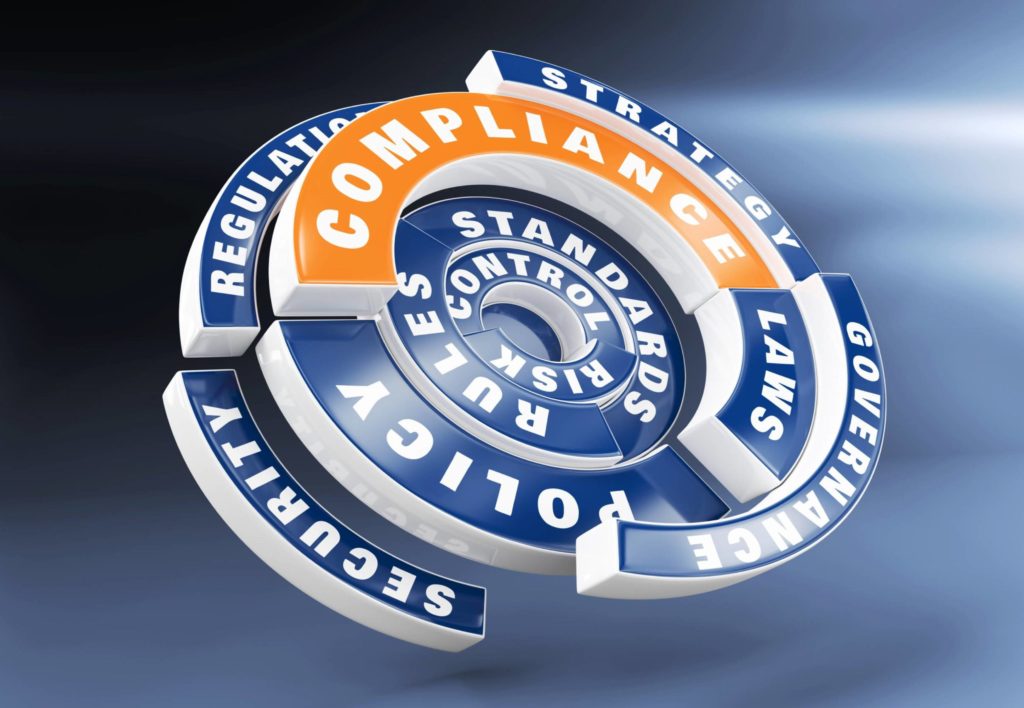Import for Export of FDA Regulated Products
Import for Export (IFE)
Import for Export of FDA-Regulated Products
Import for Export (IFE) allows for the importation of a product that is unapproved or otherwise does not comply with FDA laws and regulations if it is coming into the U.S. for further processing and ultimately exported out of the U.S. In order to qualify for this exemption from refusal, at the time the products are offered for import you must provide FDA with certain information regarding your intention to further process the product. Products imported under the IFE provision may not be distributed or sold in the U.S.
What products qualify for import for export?
IFE only applies to the products, including.
- Drugs or drug components
- Medical devices, medical device components, accessories of a device, or other parts of a device requiring further processing, which are ready or suitable for use for health-related purposes
- Food additives
- Color additives
- Dietary supplements
What type of entry should be used for IFE?
The most common entry types used for IFE entries are Consumption entries and Temporary Importation under Bond (TIB) entries. IFE entries are required to have a “good and sufficient bond” in place. Informal entries do not require a bond; therefore IFE entries cannot be made under an informal entry.
In order to maintain the bond in place for Consumption or Warehouse entry types, FDA will maintain the detention of the entry until the product is exported.
For TIB entries, the FDA will release the entry because a good and sufficient bond remains in place with Customs and Border Protection (CBP), even if the FDA releases the entry.
What information should I submit to FDA for IFE entries?
When an IFE entry is submitted in the Automated Broker Interface (ABI) system, the customs broker (entry filer) should use the FDA affirmation of compliance code “IFE”. The code indicates to FDA that the product in some way does not comply with FDA laws and regulations, is intended to be further processed while in the US, and will be exported.
The following documentation should be submitted to FDA at the time of entry:
-
Statement of Intent- Provide a letter to FDA confirming the intent to process the product or to incorporate it into a final product. It should also state the product will be exported by the initial owner or consignee from the United States.
NOTE: The product must be used and exported by the initial owner or consignee in accordance with the statement of intent. Unused portions of the product must be destroyed.
- Chain of Possession – Provide a statement to FDA identifying all firms that had possession of the product, including each processor, packer, distributor, or other firms that had possession of the product. This establishes a chain of possession from the manufacturer to the importer. The statement should include information sufficient to identify the chain of possession of the article through each entity, which could include information such as product coding, lot, batch, or other identification numbers. For medical devices, device history records required of domestic and foreign manufacturers may provide information to assist in meeting this requirement.
- Certificates of Analysis – Provide certificates of analysis that identify the product. Certificates of analysis or equivalent documentation should provide the product’s formulation, ingredients, components, or results of analysis determining the presence of a substance and the amount (i.e. assay), as appropriate to the type of article.
For further information regarding import for export of unapproved products, please refer to the FDA website.
Quick Link To U.S. Customs & Import Requirements
FDA-Regulated Products and Import Requirements
- What is Food Safety Modernization Act (FSMA)?
- Prior Notice of Imported Foods
- Food Facility Registration
- Risk-Based Preventive Controls for Human Food
- Risk-Based Preventive Control for Animal Food
- Standards for the Growing, Harvesting, Packing, and Holding of Produce for Human Consumption
- What is Foreign Supplier Verification Program (FSVP)?
- Protect Food against Intentional Adulteration
- FDA Regulated Product in Foreign Trade Zone (FTZ)
- Entry Review Process for FDA Regulated Products
- Country of Origin VS Country of Manufacture
- Foods Regulated by FDA or USDA: What is the Difference?
- Label and Labeling Claims for Conventional Food and Dietary Supplements
- What is USDA Country of Origin Labeling (COOL)?
- Import for Export of FDA Regulated Products
- FDA Regulated Products in Personal Baggage or Sending by Mail or Courier
- International Mail Facility (IMF) and FDA Regulation
- Importing Biological Product Regulated by CBER
- Importing Cosmetics and Voluntary Cosmetic Registration Program (VCRP)
- Importing Drugs into the U.S.
- Importing OTC Drugs into the U.S.
- Importing Veterinary Drugs into the U.S.
- Importing Tobacco Products into the U.S.
- Importing Medical Devices into the U.S
- Importing Food Products into he U.S.
- Importing Radiation-Emitting Products into the U.S.
In-Depth Coverage: Importing Cosmetics
In-Depth Coverage: Importing Medical Device
Customs Clearance and Import Requirements
- Entry of Imported Merchandise
- What is Section 321 Entry?
- What is Automated Commercial Environment (ACE)
- What is an Automated Broker Interface (ABI)?
- Who is Ultimate Consignee?
- What is Non-Resident Importer Program?
- Country of Origin of Imported Merchandise
- What is the Country of Assembly?
- What is the FDA's Country of Manufacture?
- Marking of Country of Origin on U.S. Imports
- What is Customs Bond?
- Reconciliation Prototype and Bond Rider
- Who Needs a Customs Broker?
- What is Customs Ruling Program?
- Classification of Imported Goods
- How is imported merchandise appraised?
- What are Import Quotas?
- What are Trade Remedy Duties?
- Antidumping Duty (AD) and Countervailing Duty (CVD)
- What is Foreign Trade Zone (FTZ)?
- What is Importer Security Filing (ISF)?
- What is Temporary Importation under Bond (TIB)
- What is In-Bond Process?
In-Depth Coverage: Marketing and Advertising Compliance
- Federal Trade Commission (FTC) Advertising Rules
- Made in USA Standard
- FTC Regulation on Environmental Claims
- Adverting and Marketing on the Internet
- Label Claims for Conventional Foods and Dietary Supplements
- Dietary Supplement Advertising: What is FTC's Truth-in-Advertising Law?
- USDA Country of Origin Labeling (COOL)
- FTC Rules & Regulations on Food Advertisement
In-Depth Coverage: Country of Origin
- Country of Origin of Imported Merchandise
- Customs Ruling: Country of Origin
- Country of Origin: Food Products
- Country of Origin: Chemical and Pharmaceutical Products
- Country of Origin & Country of Manufacture: CBP vs. FDA
- Country of Origin: Substantial Transformation or Country of Assembly Test
- Country of Origin and Free Trade Agreement
- Country of Origin and Section 301
Guidance on customs & logistics solution for traditional and e-commerce importers and exporters
Freight Forwarding
Looking for a freight forwarding partner? To move your cargo from its current location through customs to its final destination we will partner with you to find the best way for your business. Whatever your transportation, logistics or customs clearance needs, we will do our best to customize a solution for your needs.
Customs Clearance
The goods imported into the U.S. are required to be declared to CBP. Our customs broker will help you stay in compliance with customs laws and regulations and clear your goods quickly and efficiently with our electronic Automated Commercial Environment (ACE) and Automated Broker Interface (ABI) Single Window System
Warehousing & Distribution
Our warehouse facility offers great potential for serving as a regional hub with over 145,000 SF storage capacity close to Los Angeles Airport & Los Angeles/Long Beach Sea port. With our extensive experience in freight services, your import/export cargo will be handled quickly and effectively.
Non-resident Importer Program
If you want to sell your products in U.S. marketplaces, but you are a business owner located outside of the U.S. and do not have an entity or presence in the U.S., you need to be established as a Foreign Importer of Record before your products can be imported into the U.S. We can help you.
Section 321 Entry
Section 321 entry allows importing free of duty and tax for shipments imported by one person on one day having a fair retail value in the country of shipment not more than $800. We provide our resident and non-resident clients with dedicated ACE eManifest solutions for Section 321 entry of all modes of transportation.
E-Commerce
The Internet has made it easy to find and purchase items from almost anywhere in the world. Our e-commerce experts will help you find the right solution for your international transportation, customs clearance, and delivery to your final destination. We also provide value-added repackaging, warehousing and distribution services.



















